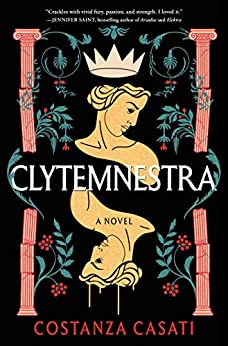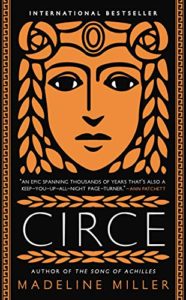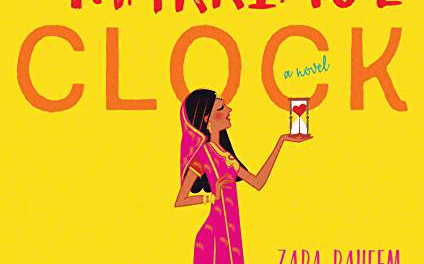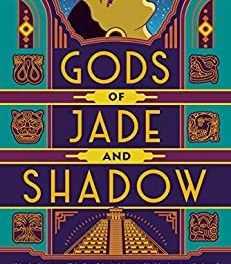Clytemnestra is a princess of Sparta; her parents are Tyndareus and Leda (of Leda and the Swan fame). The royal family includes Helen (of Helen of Troy fame), supposedly beget from the rape of Leda by Zeus in the guise of a swan, and several other children. In Sparta, women are taught to be warriors, and Clytemnestra, seeking the approval of her parents, becomes a great fighter. She overcomes the starvation, the beatings, and mental cruelty her parents inflict on her. When Clytemnestra is young, a priestess predicts that Leda’s daughters will be twice and thrice married. And they will all be deserters of their lawful husbands. Clytemnestra’s first betrayal comes early when her father conspires with Agamemnon to kill Tantalus, the husband she loves—and her still-unnamed newborn son. She is then forced to marry Agamemnon.
In her debut Costanza Casati’s shows that Clytemnestra has the traits of a great woman. From the point where her family is murdered, she’s subjected to the whims of men and, somehow, finds the inner strength to persevere and attain both revenge and a kingdom of her own. She has many traits of a wise woman, capable of ruling, and deserving of all she achieves. She is a strong, though flawed, female protagonist in a book worthy of the revisionist genre, which tinkers with and subverts past conventions in an attempt to speak to later generations.
I enjoyed this book but, though close, the prose never quite rose to the poetic, musical heights of Madeleine Miller’s The Song of Achilles or Circe.
********************
Clytemnestra (Sourcebooks Landmark, March 7, 2023) is available through:
********************
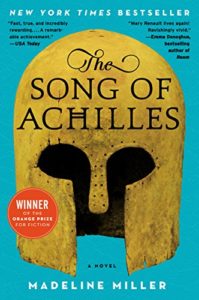
********************
This post may contain Amazon Affiliate links. As an Amazon Associate, I may earn a small amount from qualifying purchases at no cost to you.
